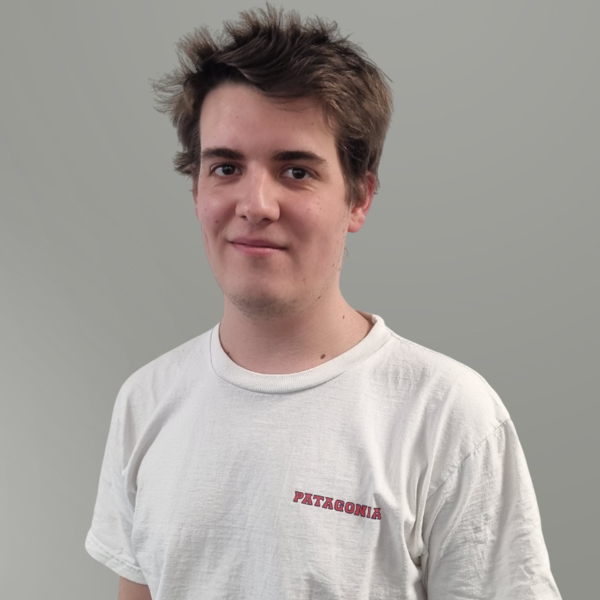ParaView User Training
ParaView is an open-source, multi-platform scientific data analysis and visualization tool that enables analysis and visualization of extremely large datasets. ParaView is both a general purpose, end-user application with a distributed architecture that can be seamlessly leveraged by your desktop or other remote parallel computing resources and an extensible framework with a collection of tools and libraries for various applications including scripting (using Python), web visualization (through ParaViewWeb), or in-situ analysis (with Catalyst).
This course will give an overview of ParaView: how to visualize and process data. The examples are based on use cases from several scientific domains.
The training mixes theory and application with a set of tutorials and exercises.
Objectives
- Explore ParaView user’s interface
- Visualize and process data using ParaView
- Learn ParaView Python scripting
- Discover ParaView extension with plugins
Prerequisites
- VTK: a basic knowledge is a plus
- Python: a basic knowledge is a plus
Program
- ParaView Overview
- User interface
- Pipeline sources and filters
- Datasets visualization and exploration
- Datasets post-processing
- Python Scripting
- Scripting ParaView using its Python API
- Plugins
- Introduction to the use of ParaView plugins
This training course will be taught in English. Course notes are also in English.
Participants are asked to bring a laptop computer for this training session.
The instructor will communicate all the specifications required to each participants before the training session.
Kitware SAS is registered as a training center in France.
Training at Kitware
Duration: 1 day
Next training Date: April 14, 2026
Time zone: Paris (CET / GMT+1h)
Schedule: 9am to 5pm
Location: Online
Price: 830€
Company Training
All our training can be offered on site with a custom agenda. Contact us for more information.
Meet the instructor

Mathurin is an R&D Engineer in the Scientific Visualization team at Kitware Europe.
He graduated from CPE Lyon with a specialization in image modeling and computing, focusing on medical imaging, 3D simulation, and GPU programming. During his studies, he interned at Infineon Technologies, where he worked on radar-based signal processing and embedded development on the Aurix platform. His strong technical background and passion for visualization technologies make him a great asset to the team.
